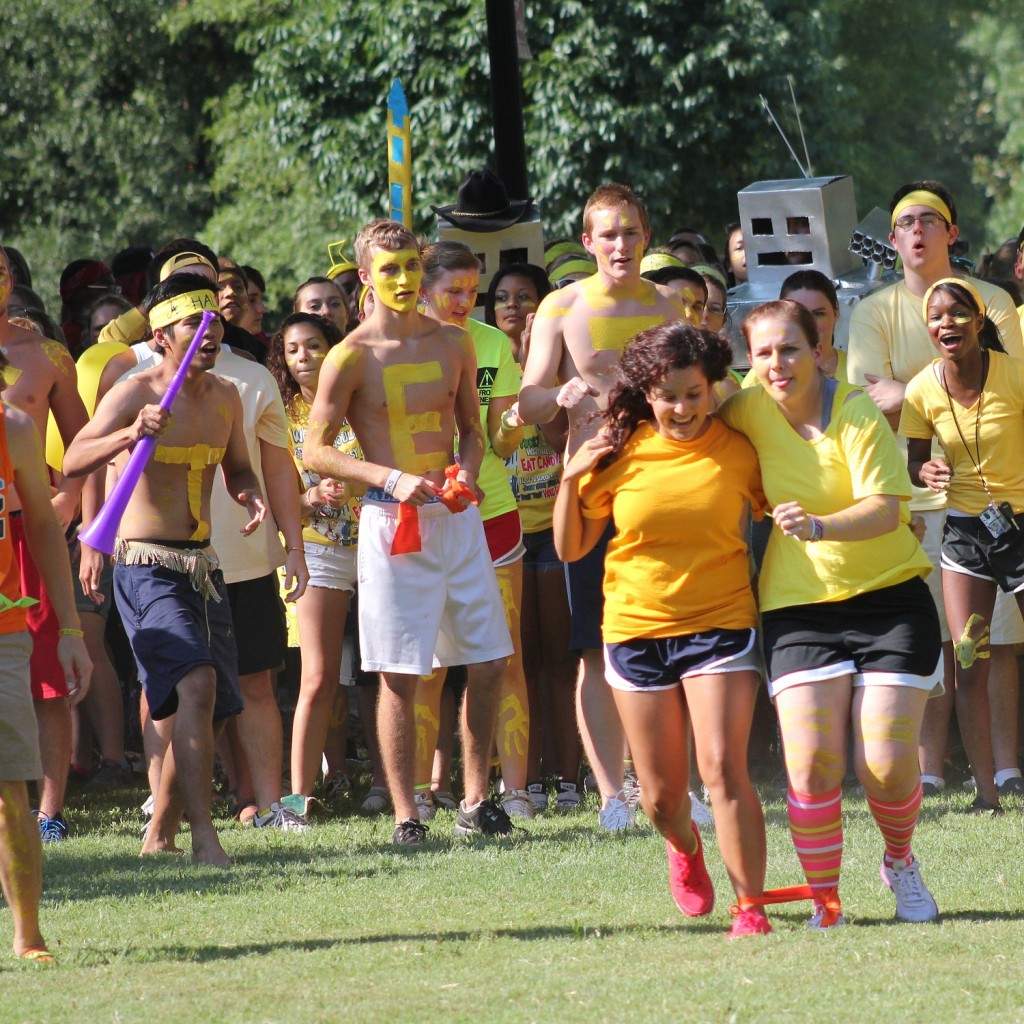When I first came to college, I had a pretty negative attitude about being social. I had this idea that I was in college to learn, and that was it. I wasn’t there to make friends, play games, party, or have fun; I was there to learn. I wanted to be the best in all of my classes, and the whole “college life” thing seemed like a big competition. I didn’t talk to many people because I either felt like it was a waste of time or because I saw the other person as a threat against me and my goals.
I spent most of my first semester sitting in my room studying for my calculus, chemistry, and biology classes. My only real social activity was playing Ping-Pong for a few hours every day, and even then I didn’t talk to many people. I was usually studying for some class while I was waiting for my turn at the table too. Thinking back, I can’t imagine that I was a very pleasant person to be around.
But my personality changed completely my second semester. This was right after I moved across the hall from Ben and Blaze with my friend Jeff who I also knew from playing Ping-Pong. I enjoyed hanging out with these guys, and they did a good job of calling me out when I wasn’t acting like a decent person. They brought me out of my shell, and helped me to enjoy my life in college way more than I did my first semester. I started participating in Science Nights with Jeff, and began talking to my other fellow residents. I talked to my classmates more and started participating in study groups. I played games regularly with Ben and Blaze and took time to relax and have fun.
That semester, I met more people than I would have ever imagined based on my first semester in college. Moreover, I felt much closer to these people than I had with almost everyone from high school. After that, I became an Advocate within STEM and met even more people which is always pretty neat.
Being a part of residential college makes you part of a community. Participating in the community is really up to you, but if you choose to do so, then you will create social connections that you will carry on with you for the rest of your academic career (and maybe even longer).
